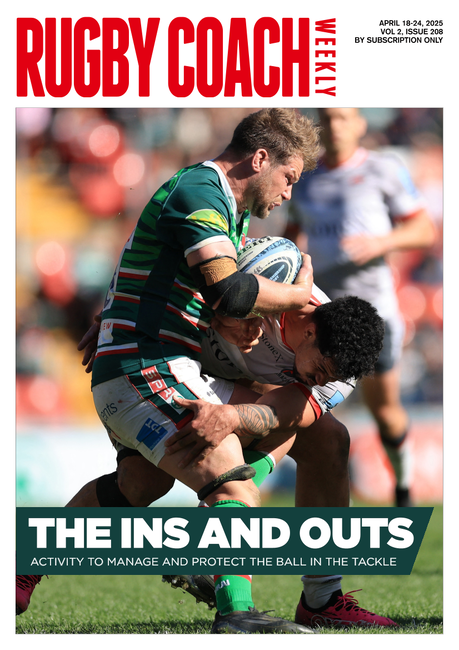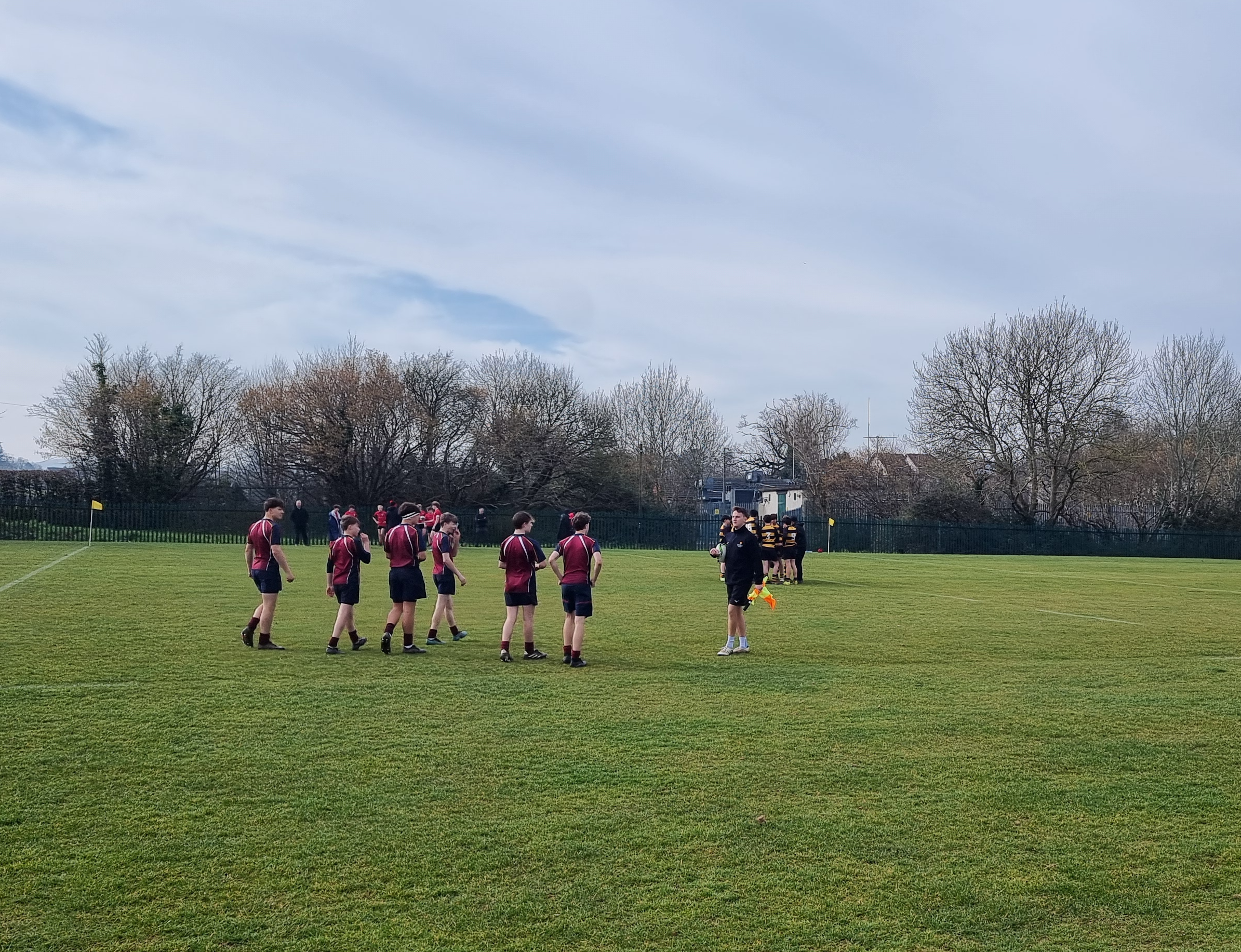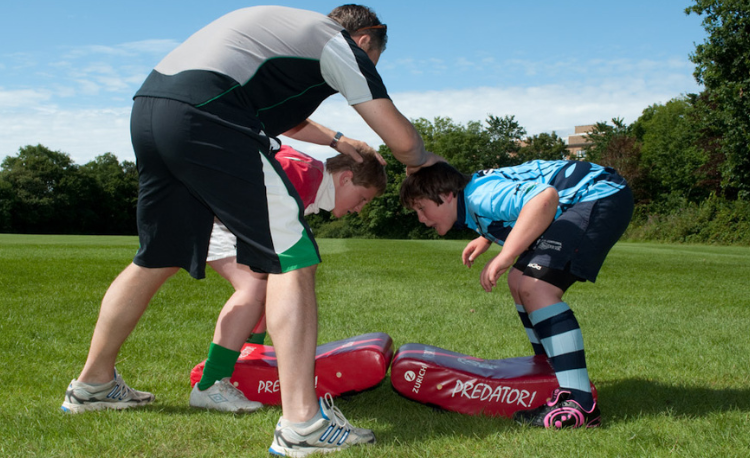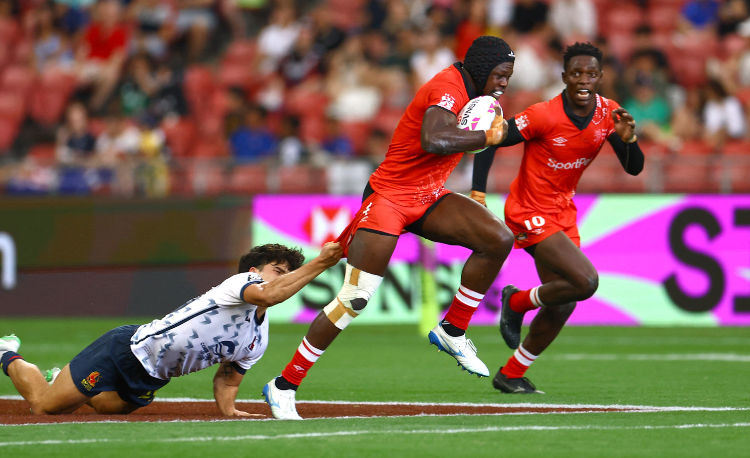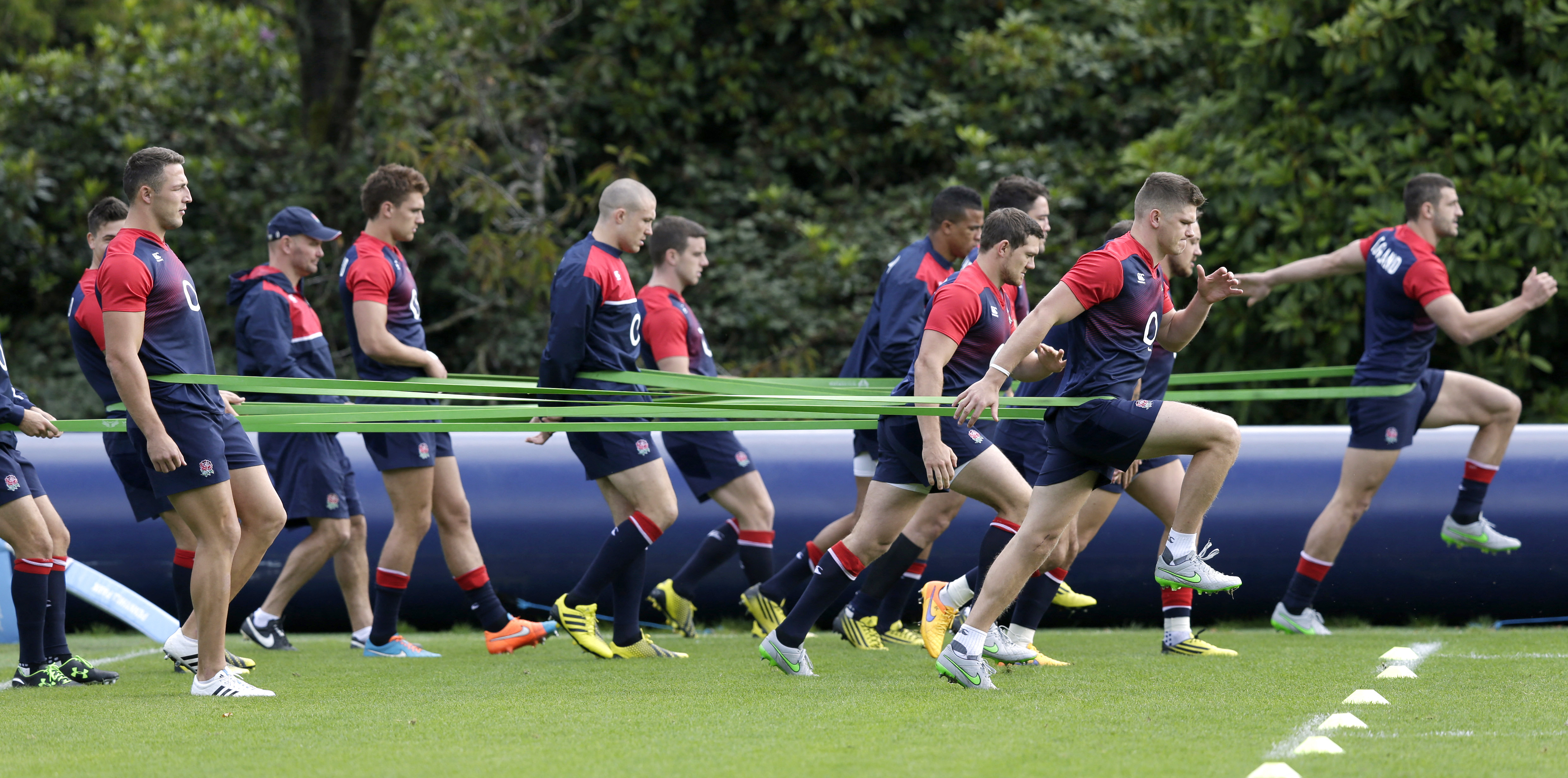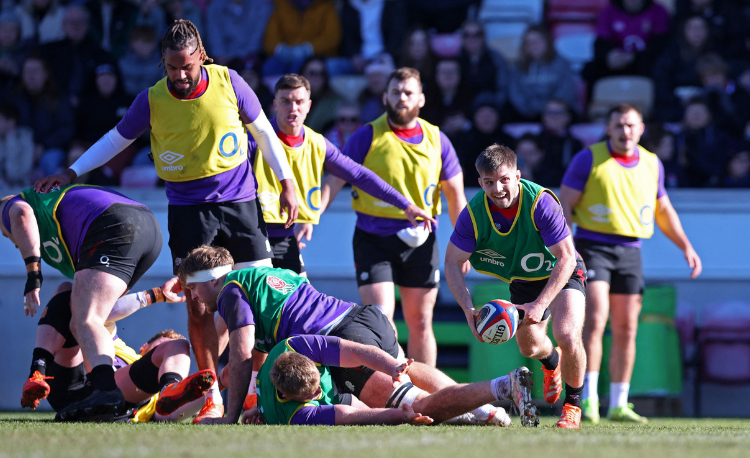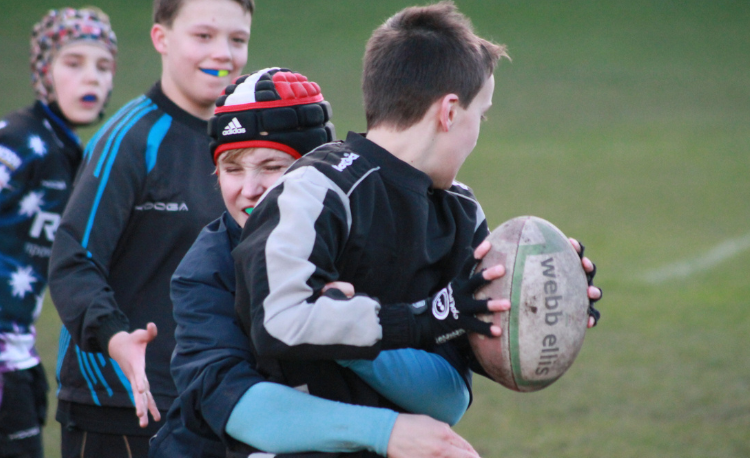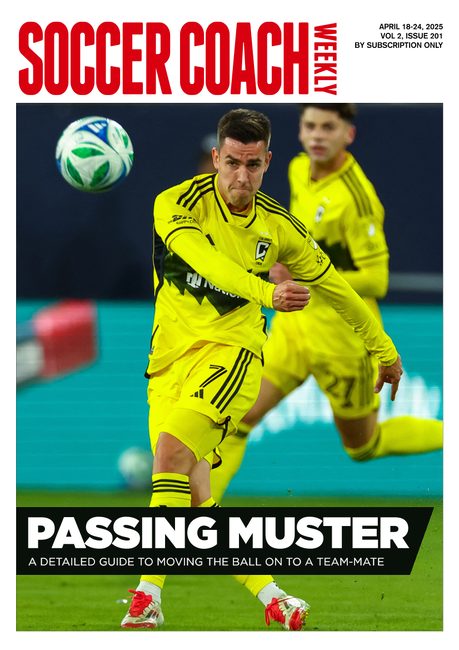Power up your empowerment
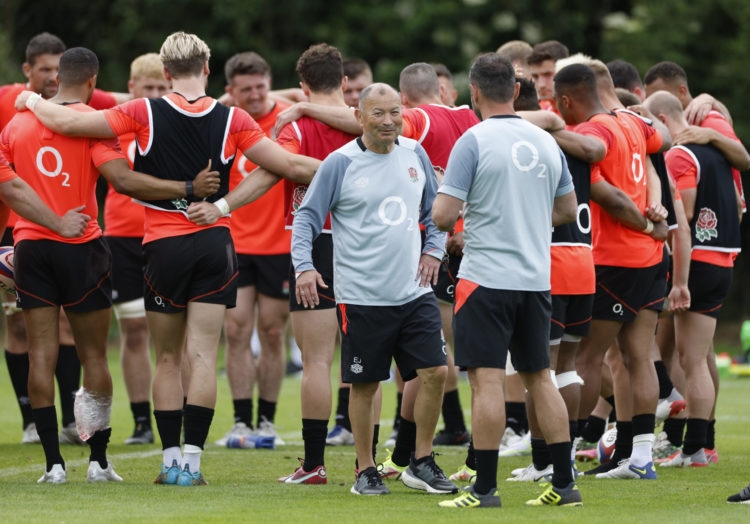
If we empower players, we allow them to make more decisions about their training, tactics and progression. It only works if we do give them proper power. Here’s how to do it effectively.
WHY EMPOWERMENT REALLY WORKS
A player who’s in charge of their destiny takes more pride and works harder to make it happen. Furthermore, they will believe in the direction they are taking if they have decided on that direction themselves.
Therefore, if the group feel it’s their decision to train and play in a certain manner, they will be cohesive and focused.
At times, they may defer to others (like you) when they feel they need guidance. They will then use this guidance to make a decision which is theirs, not the giver of the guidance.
LETTING GO
Consequently, empowerment is when you give decisions to the players. You are not asking their opinion before making the decision yourself. You must give them the power.
That’s not easy, especially when you’ve seen mistakes before. But unless you step back and let go, you aren’t empowering them.
STAYING IN CONTROL
You stay in control by doing two things.
First, you limit the areas they have control over. You can ask their opinion on what areas they might want control over if you want. However, you need to be clear on what’s on the table.
Second, you create an environment of trust where they will seek your guidance and approval. You can do this by creating a leadership group. This group will be in constant discussion with you. By you asking probing questions, you can check their reasons. However, you don’t give suggestions unless they ask.
For example, you will have a short meeting to discuss the game plan. You might have empowered the lineout group to come up with their plays for that game. You ask them to justify each one (or at least some of them). Your questions can help them either embed their thoughts or adjust their plan.
Yet, in this meeting, you will not say something like: “I don’t think that’s a good idea”. Instead, you might say: “How will that work if it’s a rainy day?”
BEING IN CHARGE
The buck still stops with you. In the end, you give up power but not overall responsibility.
Yet, the players must recognise that with power comes some responsibility. If a plan doesn’t work, they need to be ready to take some of the blame.
Your role is to use this positively. You do this by asking them what they need to do differently. Sometimes they might not think it’s their fault. They will look for excuses. We all do that! But, when they are given that empowerment, they need to have a clear understanding of a no-excuse culture. If anyone is going to make excuses for a wrong decision, it might be you, on their behalf.
POSSIBLE EMPOWERING
- On-field tactics – the most obvious and the most prevalent. For example, lineout calls and backs moves.
- Pre-match game planning – what plays are going to be used to suit the team to beat the opposition for the coming week. The leadership group could lead this.
- Training work-ons for next week – for example, 15 minutes of training every week dedicated to their players’ suggestions
- Fitness – they decide on where their fitness needs improving. They should work on this outside training while you allow some time in training for fitness work. Your role will be to set out some testing at various stages of the season and provide feedback.
Thank you for reading
to enjoy 3 free articles,
our weekly newsletter, and a free coaching e-book
Or if you are already a subscriber, login for full access
Newsletter Sign Up
Coaches Testimonials

Gerald Kearney, Downtown Las Vegas Soccer Club

Paul Butler, Florida, USA

Rick Shields, Springboro, USA

Tony Green, Pierrefonds Titans, Quebec, Canada
Subscribe Today
Be a more effective, more successful rugby coach
In a recent survey 89% of subscribers said Rugby Coach Weekly makes them more confident, 91% said Rugby Coach Weekly makes them a more effective coach and 93% said Rugby Coach Weekly makes them more inspired.
Get Weekly Inspiration
All the latest techniques and approaches
Rugby Coach Weekly offers proven and easy to use rugby drills, coaching sessions, practice plans, small-sided games, warm-ups, training tips and advice.
We've been at the cutting edge of rugby coaching since we launched in 2005, creating resources for the grassroots youth coach, following best practice from around the world and insights from the professional game.


